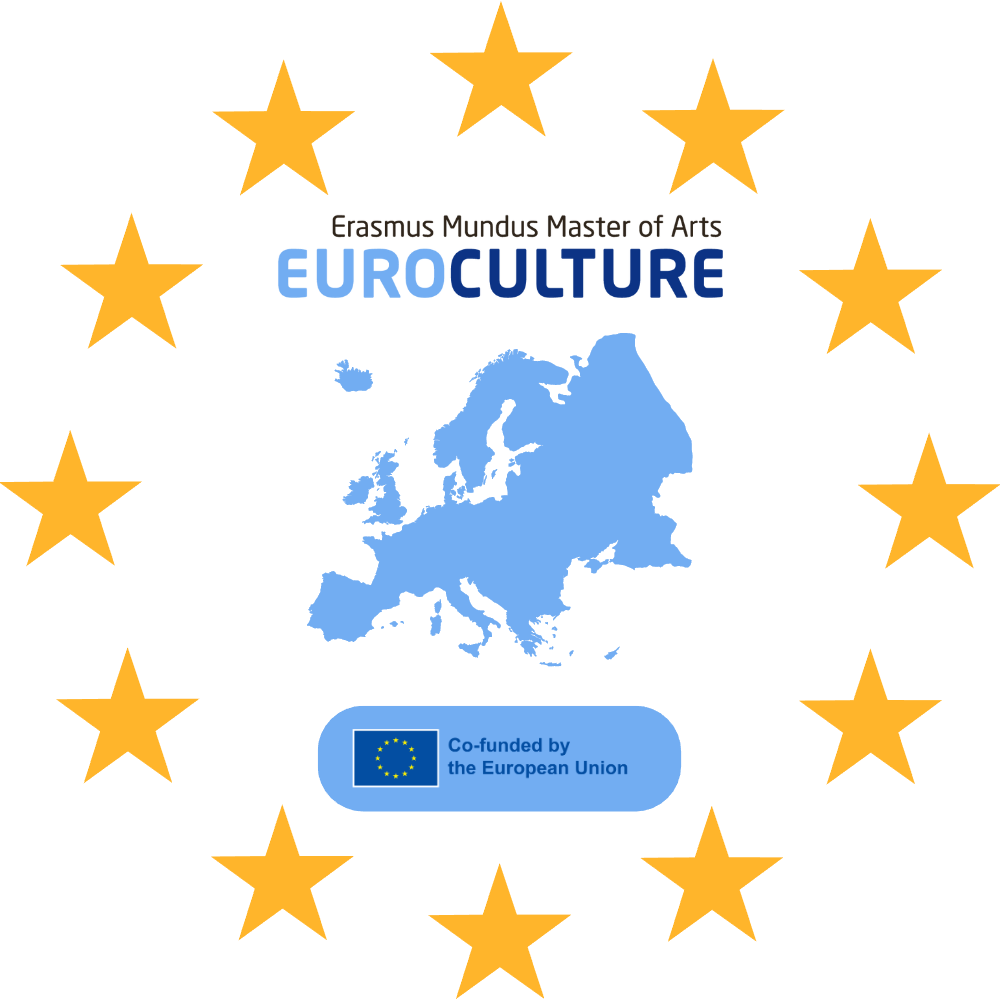SUBTHEME 2
Dissonant heritage and identity constructions
Introduction
In the second subtheme, we explore the multiple ways in which society is shaped by its relation to dissonant heritage. A ‘past that does not go away' (Habermas 1986) invites one to find alternative means to construct a political identity. How is traditional national history challenged by dissonant heritage in the multinational Europe? The national narratives of Greece and Turkey, for instance, must integrate the trauma of the population exchange of 1923 (Alpan 2013).
Historians have considered the common past and its interpretation as a crucial element in building identities of communities in general. If we want to build a truly democratic society, must we not let go of an idealised past (Dierks 1947)? The past has been used with a clear tendency and agenda – also from outside — to challenge European identity construction, for example by destroying pre-Islamic cultural heritage by fundamentalist terror organisations (Veyne 2015).
The subtheme will bring students to questions of bias and purpose of the analyses of the past and their relevance for the identity building. To what extent does common identity depend on the common past? How can we analyse the use of the past and of history for building the common identities? What is the relevance of the past? Is European identity bound to the past? What would be the point of reference for the European identity?
Such and related questions asking the relevance of the past and the relevance of its interpretations can form the case studies as well as wider analyses. Students may focus on various types of identities, from European to village or family, from the widest possible scope to individual examples.
IP 2024 Reader - Subtheme 2
Alpan, Aytek Soner. "But the Memory Remains: History, Memory and the 1923 Greco-Turkish Population Exchange." The Historical Review/La Revue Historique 9 (January 8, 2013): 199-232. https://doi.org/10.12681/hr.295.
Dirks, Walter. "Courage to say goodbye. On the restoration of the Goethe House in Frankfurt." Frankfurter Hefte 1, no. 1 (1947): 819-828.
Original Scans in German here
Further reading: Demshuk, Andrew. ‘Rebuilding after the Reich: Sacred Sites in Frankfurt, Leipzig, and Wrocław, 1945–1949’. In War and the City, 167–93. Brill Schöningh, 2019.
Habermas, Jürgen. "A Kind of Settlement of Damages: The Apologetic Tendencies in German History Writing" (July 11, 1986). Die Zeit, 1986, in Forever in the Shadow of Hitler. James Knowlton. Copyright © 1993 edition. [Via GHI Washington.]
Veyne, Paul. "But why, in August 2015, did they blow up and destroy this temple of Baalshamin?" In Palmyre. L’irremplaçable trésor. Paris: Albin Michel, 2015.
Jagodzińska, Katarzyna, and John Beauchamp. ‘Ukraine Heritage Spotlight 01: Dr Natalia Moussienko on the intentional destruction of cultural heritage in Ukraine’. Europa Nostra Heritage Hub: Holistic Heritage (Podcast, 17:30). Released November 2023. https://heritagehubkrakow.org/project/ukraine-heritage-spotlight-01/.



